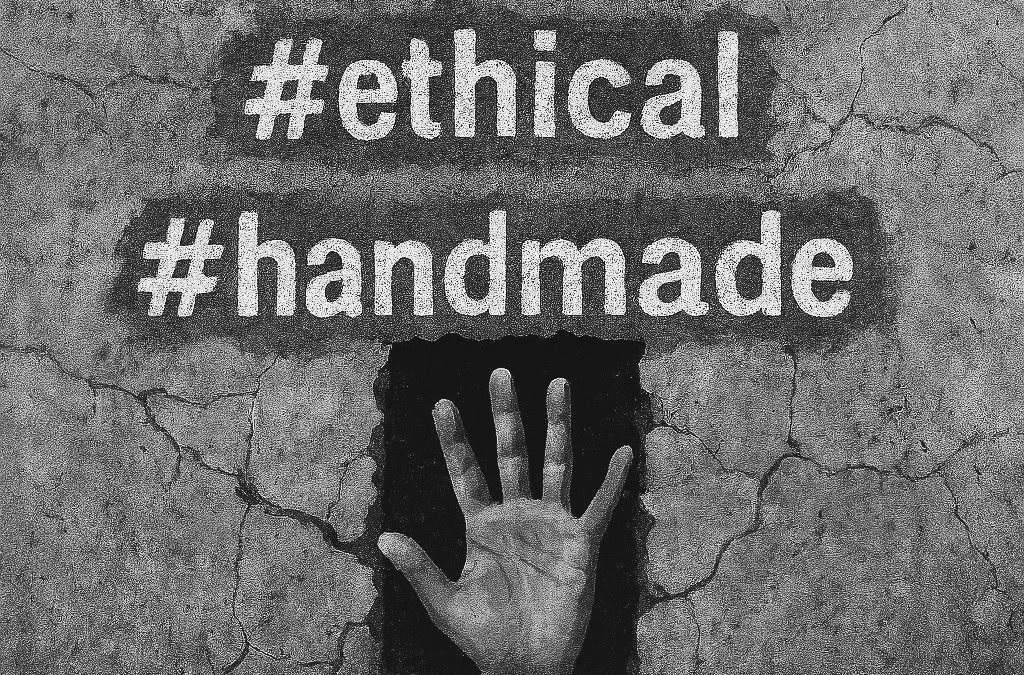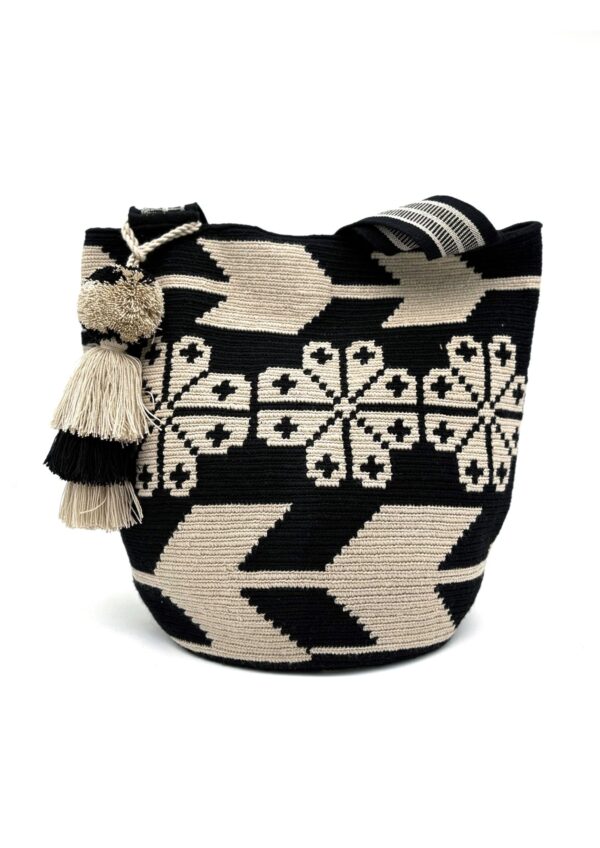An open letter to the fashion industry.
Dear Fashion Industry,
We need to talk about your favorite word: slow.
You’ve put it in look books, hashtags, hangtags, captions. You use it like a spell — as if saying “slow fashion” makes everything better. As if “slow” means kind. Responsible. Just.
But here’s the truth:
If the woman who wove your bag is still poor, still invisible, still unpaid — it’s not slow fashion.
It’s just old exploitation wearing softer branding.
1. You Took the Words. Not the Responsibility.
“Slow fashion” was originally coined in 2007 by scholar Kate Fletcher as a radical rejection of fast fashion — calling for deeper systems rooted in equity, tradition, and care.
It asked: Who made this? What did they earn? What do they need?
But the more the term spread, the more it softened.
Now it’s just another sticker — slapped onto capsule lines, filtered photos, and vague talk of “heritage.”
Brands show us slow dyes, but not the maker’s name. They tell us about weaving techniques, but not what the weaver is paid.
They market “ancestral aesthetics” without any real accountability.
Just last season, several “eco-conscious” collections used artisan imagery to sell “ethical” pieces — without ever disclosing who made them, where they live, or whether their lives improved. That’s not transparency. That’s erasure.
2. Let’s Be Clear: Slow Isn’t Just About Time.
If your timelines stretched but your power structures stayed the same — you missed the point.
If the communities who create the work don’t lead the conversation — it’s not a collaboration.
If your supply chain can’t answer: Where did the fiber come from? Who spun it? What did she earn? — then it’s still silence. Just slower.
3. You Can’t Build Ethics on Absent Voices
Ask yourself:
Is she named?
Is she paid fairly?
Does she get to tell her own story?
Would she even call this “partnership”?
If not, then no — you’re not doing slow fashion. You’re just doing better marketing.
4. The Word Has Been Watered Down — So We Let It Go
Every time “slow fashion” is used to sell something created in the same extractive systems,
the movement loses meaning — and the maker loses visibility.
At Woven Wildly, we’ve stopped using the word.
We’ve watched it get diluted — repackaged by brands who move a little slower but still hold all the control.
“We believe the word slow fashion has been watered down in the fashion industry. It’s been twisted into an aesthetic — not a commitment. That’s why we don’t use it anymore. We call what we do rooted fashion — because it’s built on real care, real equity, and real partnership with the Indigenous communities we work alongside.”
— Woven Wildly
5. What We Stand For Instead: Rooted Fashion
Rooted fashion doesn’t start with branding. It starts with listening.
It moves at the speed of relationship, not production.
It centers the people who carry generational knowledge.
It reinvests in the communities doing the work — not in shareholders who never show up.
And it refuses to tell a story about Indigenous labor while keeping the laborer unnamed.
6. If the Maker Is Still Poor, It’s Not Slow — It’s Just Exploitation
We don’t want a softer version of the same system.
We want something rooted. Something real.
That’s why we exist.
We share this story as Woven Wildly — a living collaboration with Indigenous communities of the Sierra Nevada de Santa Marta. We don’t just sell mochilas. We carry culture.
Thank you for reading, for caring, and for helping preserve what matters.

This is what it’s really about — not just what we carry, but who we carry it for.
Every mochila sold helps keep these communities strong, self-sustaining, and seen.




